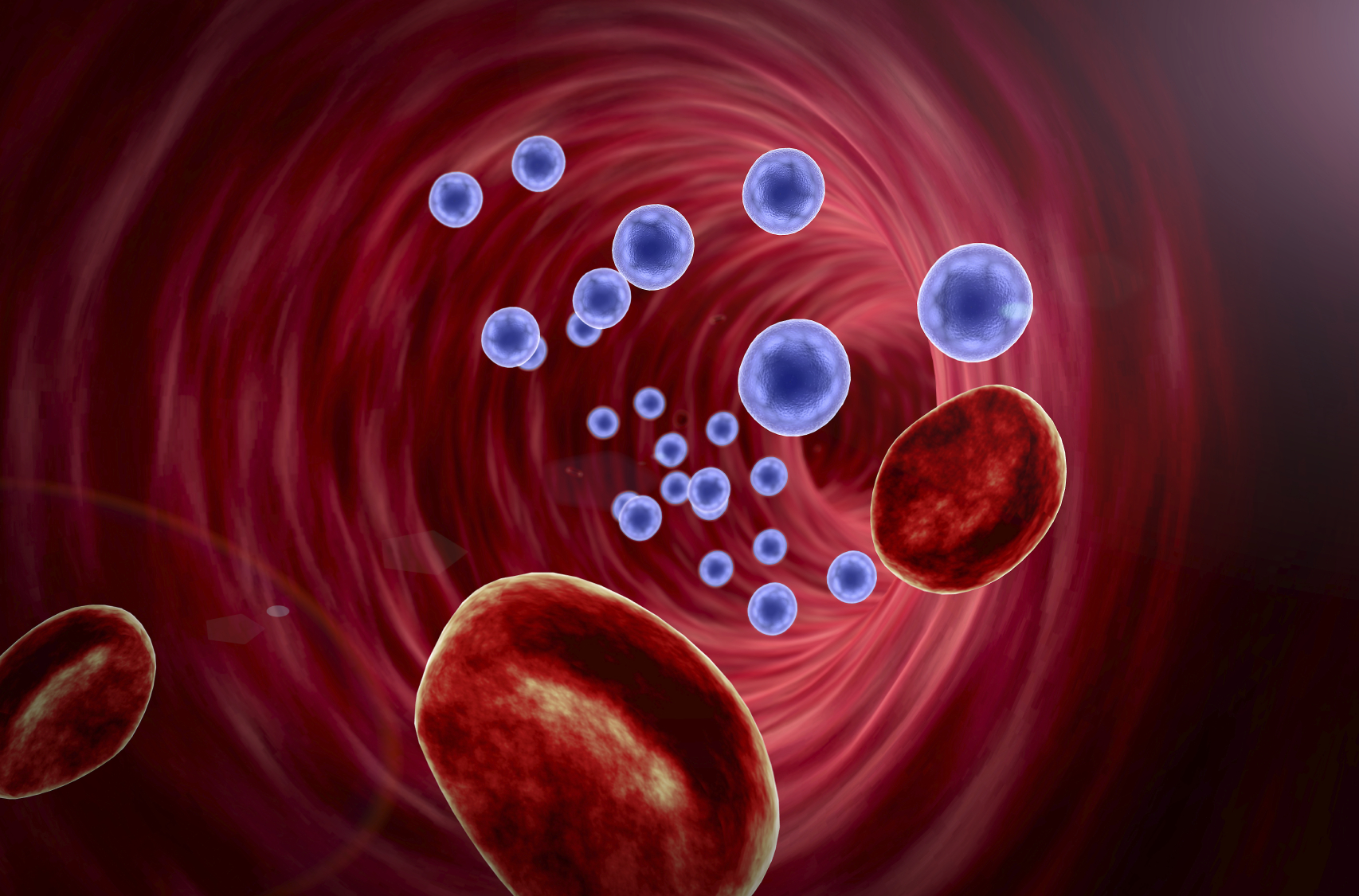Gilead cancer drug can stay on EU market

Gilead’s Zydelig (idelalisib) blood cancer drug can remain on the market in Europe, but safety experts say all patients treated with it should receive a course of antibiotics to prevent infections.
The European Medicines Agency’s Pharmacovigilance Risk Assessment Committee (PRAC) has been reviewing safety of Zydelig after a higher rate of serious adverse events related to infections such as pneumonia, was seen in clinical trials.
Although the studies did not use the drug in the same way as currently authorised, the regulator is still concerned about the safety of the drug approved in chronic lymphocytic leukaemia and follicular lymphoma.
The PRAC ruled that although its benefits still outweigh its risks, Zydelig should be given with antibiotics to prevent Pneumocystis jirovecii pneumonia during treatment and up to two to six months after treatments have been stopped.
Patients should also be monitored for infection and have regular blood tests for white cell counts, as low counts can increase risk of infection.
Zydelig should also not be started in patients with a generalised infection, the PRAC ruled.
The PRAC also lifted a precautionary restriction advising against initiation of Zydelig treatment in patients with previously treated CLL with 17p deletion or TP53 genetic mutations.
Zydelig can again be used in these patients provided there are no alternatives and measures to prevent infection are followed.
Recommendations will now be passed to the EMA’s CHMP scientific committee, for adoption.
Despite the positive news, the damage has already been done to the drug's profile among prescribers. Gilead also halted several clinical trials in other uses earlier this year, after the issues with infections emerged.
Zydelig's woes are good news for rival treatment J&J/AbbVie's Imbruvica (ibrutinib), which is already establishing a significant lead over Zydelig in the market.












